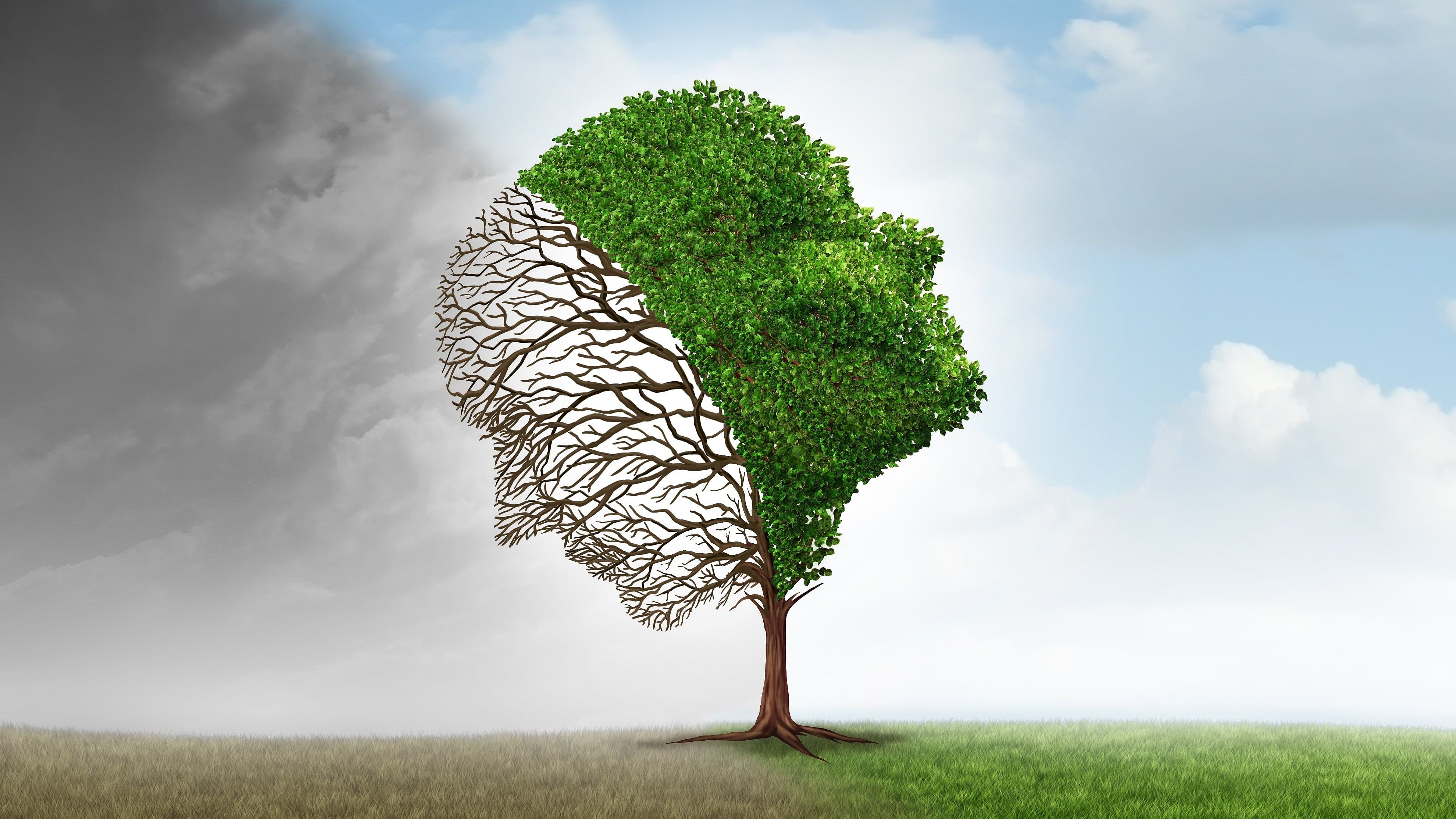
Representative image
Credit: Special Arrangement
The untimely demise of actor Sushant Singh Rajput sparked a nationwide conversation about men’s mental health and their suicide rates. However, this discourse, initially fuelled by an emotionally charged incident, soon faded into obscurity.
In India, nearly 70 per cent of suicides are committed by men, highlighting a severe mental health crisis they face. The National Crime Records Bureau’s (NCRB) 2021 report revealed that over 1,00,000 men died by suicide that year, a number rising steadily.
Men aged between 15 and 39 face a higher risk, making this demographic a critical focus for intervention. Despite these grim statistics, social expectations of stoicism and emotional suppression continue to overshadow the urgent need to address men’s mental health.
As November marks Men’s Mental Health Month, it’s vital to reflect on this issue, one often overlooked even by men themselves. This month serves as a platform to acknowledge, celebrate, and raise awareness about the psychological challenges men face—issues often unspoken due to deeply ingrained gender norms and societal pressures.
From childhood, boys are shaped by conflicting societal messages. Traditional masculinity demands toughness, stoicism, and the role of a family provider, while evolving norms promote shared responsibilities and emotional openness.
Concepts like modern feminism and gender fluidity encourage redefined roles, but the transition is not seamless. Parents often set unrealistic expectations, pressuring boys to achieve financial success and maintain composure under stress.
These expectations can lead to feelings of inadequacy, with men either rebelling against these norms, passively internalising resentment, or suppressing emotions completely. In extreme cases, such internal conflict manifests as depression, anxiety, and even suicidal tendencies.
The clash between traditional values and modern ideals creates an intense internal struggle for many men. Societal expectations have evolved, but the internalisation of traditional gender norms has not kept pace. Men are often left confused about their roles in an ever-changing landscape of gender dynamics.
The pressure to meet conflicting expectations—requiring men to be both emotionally available and strong—can lead to immense psychological stress. The transition to embracing these new roles requires time and effort.
Romantic partners and peers often perceive men’s efforts to embrace these shifts as minimal, failing to appreciate the emotional labour involved. This lack of recognition can discourage men from challenging traditional norms, compounding their mental health struggles.
Addressing men’s mental health requires a broader societal shift, extending beyond clinical settings. While therapy is effective for some, it is not always accessible or appealing to men due to the stigma attached to seeking mental health support. In fact, many hesitate to share their struggles even with trusted members of society, let alone seek clinical intervention.
Non-clinical interventions, such as creating safe spaces for open dialogue, fostering everyday conversations about emotional well-being, and checking up on their daily struggles, can break down barriers that prevent men from expressing their emotions. Their effort to reconcile to the ever-changing demands on their gender roles must be appreciated, working as an effective reinforcing agent to bring about a positive social change.
Addressing this issue requires a societal shift in how men’s mental health is viewed. The harmful stereotypes that prevent men from seeking help must be dismantled to foster an environment where expressing emotions is normalised and valued.
Educational institutions, workplaces, and families must play a proactive role in promoting mental health awareness among men. Workshops on emotional intelligence, campaigns to de-stigmatise therapy, and creating male-centric mental health resources are essential to effecting a change.
Recognising, appreciating, and applauding men who break free from traditional gender norms to embrace fluid and adaptive masculinity can inspire others, driving a broader societal shift towards healthier gender dynamics.
Men’s Mental Health Month serves as a reminder that men, too, face significant mental health challenges that need to be addressed with the same urgency as those of any other demographic.
By acknowledging the unique pressures men face and providing support through both clinical and non-clinical means, we can cultivate a culture where men feel safe to express their emotions and seek help without fear of judgement. Supporting men is not merely an act of kindness but a necessary step towards building a healthier, more inclusive society.
(The writer is pursuing a master’s degree at the School of Psychological Sciences, Christ deemed to be University, Bengaluru)